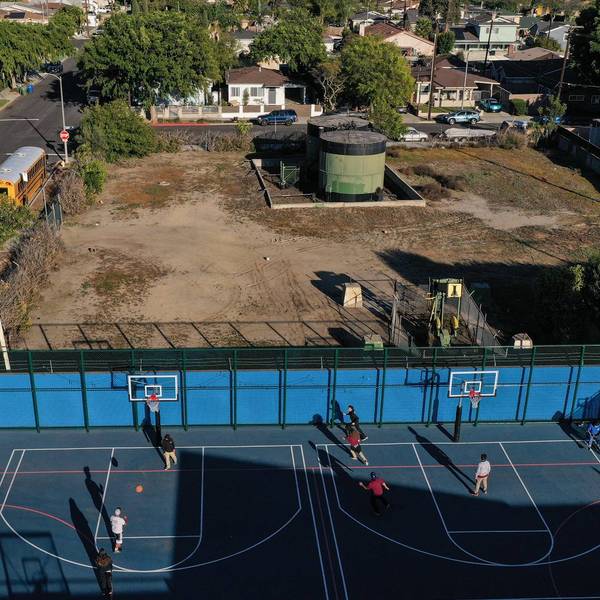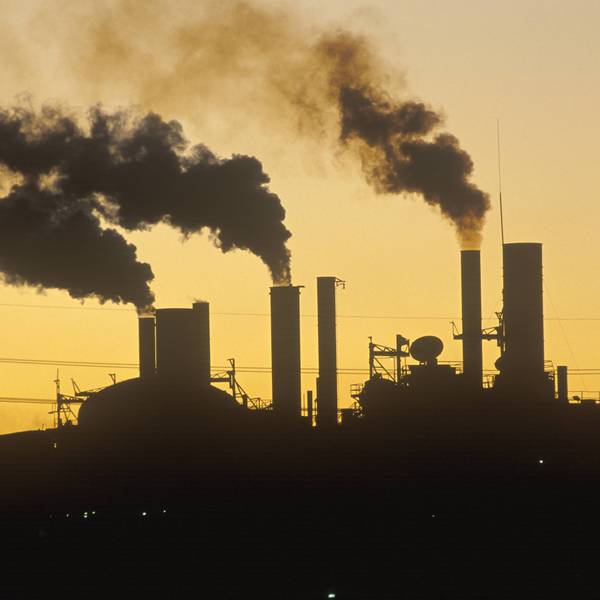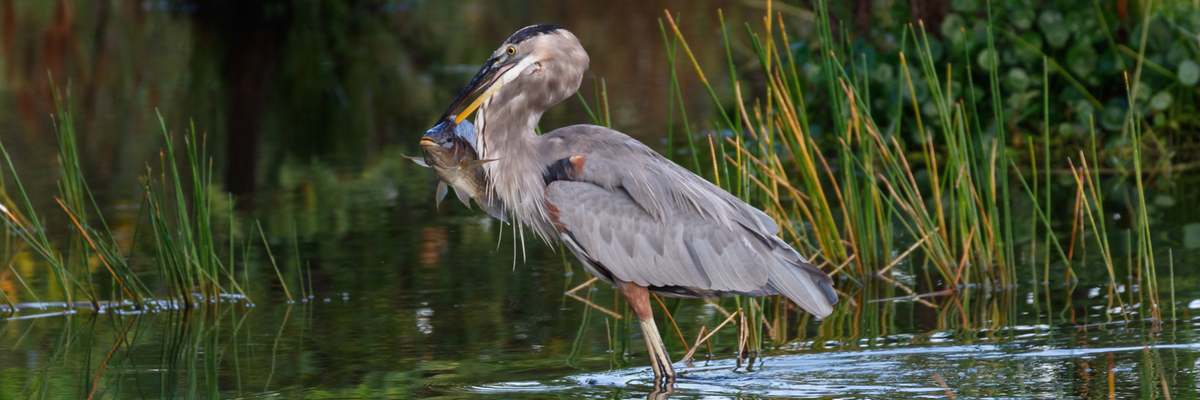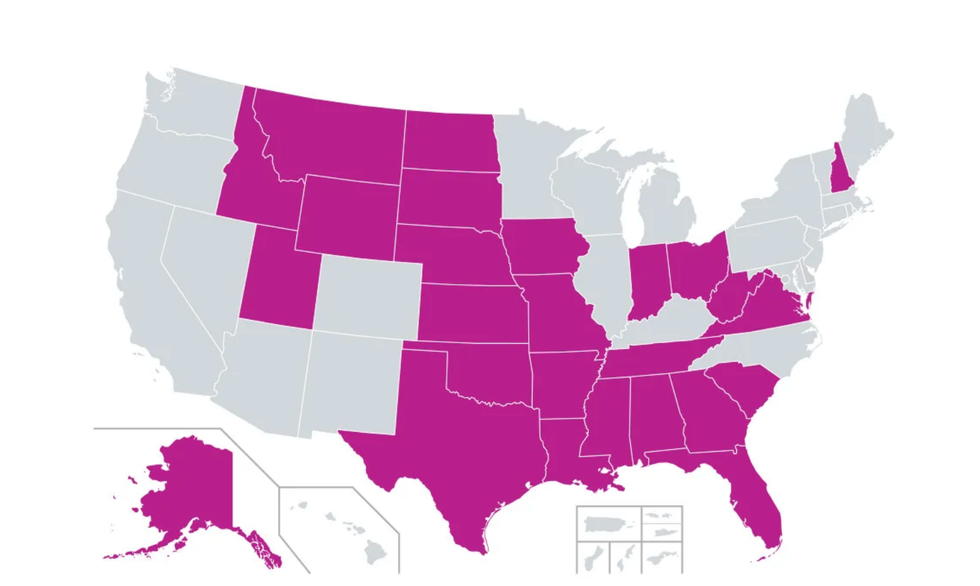While Big Ag cheered Wednesday's ruling by a federal judge in North Dakota temporarily blocking a key Biden administration clean water rule, Indigenous and environmental groups decried the decision—which critics said threatens critical protections for waterways in over two dozen affected states.
Reuters reports U.S. District Court Judge Daniel Hovland—an appointee of former President George W. Bush—issued a preliminary injunction against the Environmental Protection Agency's (EPA) Waters of the United States (WOTUS) rule after 24 states sued the Biden administration.
"This ruling readily bows to the forces in this country that have been trying for years to gut the Clean Water Act, throwing science under the bus and disregarding water safeguards for downstream communities and tribes," Janette Brimmer, an attorney for the green legal advocacy group Earthjustice who is defending the WOTUS rule on behalf of four Indigenous tribes, said in a statement.
"We will not give in to these forces; we will double down and fight along with our partners to ensure the law and science prevail and the will of the vast majority of citizens for clean water is carried out," Brimmer added.
Last month, Texas and Idaho were granted a separate injunction against the rule by U.S. District Court Judge Jeffrey Brown, who was appointed by former President Donald Trump.
According to Progressive Farmer, Hovland's ruling means that the WOTUS rule—which establishes protections for wetlands and seasonal streams—is now on hold in 24 more states: Alabama, Alaska, Arkansas, Florida, Georgia, Indiana, Iowa, Kansas, Louisiana, Mississippi, Missouri, Montana, Nebraska, New Hampshire, North Dakota, Ohio, Oklahoma, South Carolina, South Dakota, Tennessee, Utah, Virginia, West Virginia, and Wyoming.
 States shaded in red will be affected by a federal judge's temporary injunction against the Waters of the United States (WOTUS) rule. (Image: Earthjustice)
States shaded in red will be affected by a federal judge's temporary injunction against the Waters of the United States (WOTUS) rule. (Image: Earthjustice)
In 2020, the Trump administration rolled back WOTUS, which originated during the tenure of former President Barack Obama. The Biden administration revived the rule and last December it was finalized by the EPA.
Earlier this month, President Joe Biden vetoed legislation passed by Republicans and corporate Democrats in Congress that would have eviscerated the administration's ability to enforce WOTUS.
Hovland stopped short of issuing the nationwide injunction against WOTUS sought by the American Farm Bureau Federation and other agriculture industry interest groups. Still, Big Ag and Republican politicians in affected states overwhelmingly welcomed the injunction against what they say is a major act of government overreach.
Indigenous leaders, however, slammed Wednesday's ruling.
"Clean water is essential to tribal citizens' spiritual, physical, mental well-being, and survival."
"Clean water is essential to tribal citizens' spiritual, physical, mental well-being, and survival" Gary Harrison, traditional chief of the Chickaloon Native Village in Alaska, said in a statement. "Removing vital clean water safeguards will harm wetlands and streams that sustain tribal citizens, including myself."
G. Anne Richardson, chief of the Rappahannock tribe in Virginia, said that "the court's order threatens to strip vital protections from the network of waters that have been the lifeblood of the Rappahannock Tribe since time immemorial."
"Without the Clean Water Act," she added, "projects that would destroy important wetlands and streams could get rammed through without any opportunity for the tribe to object."





 States shaded in red will be affected by a federal judge's temporary injunction against the Waters of the United States (WOTUS) rule. (Image: Earthjustice)
States shaded in red will be affected by a federal judge's temporary injunction against the Waters of the United States (WOTUS) rule. (Image: Earthjustice)